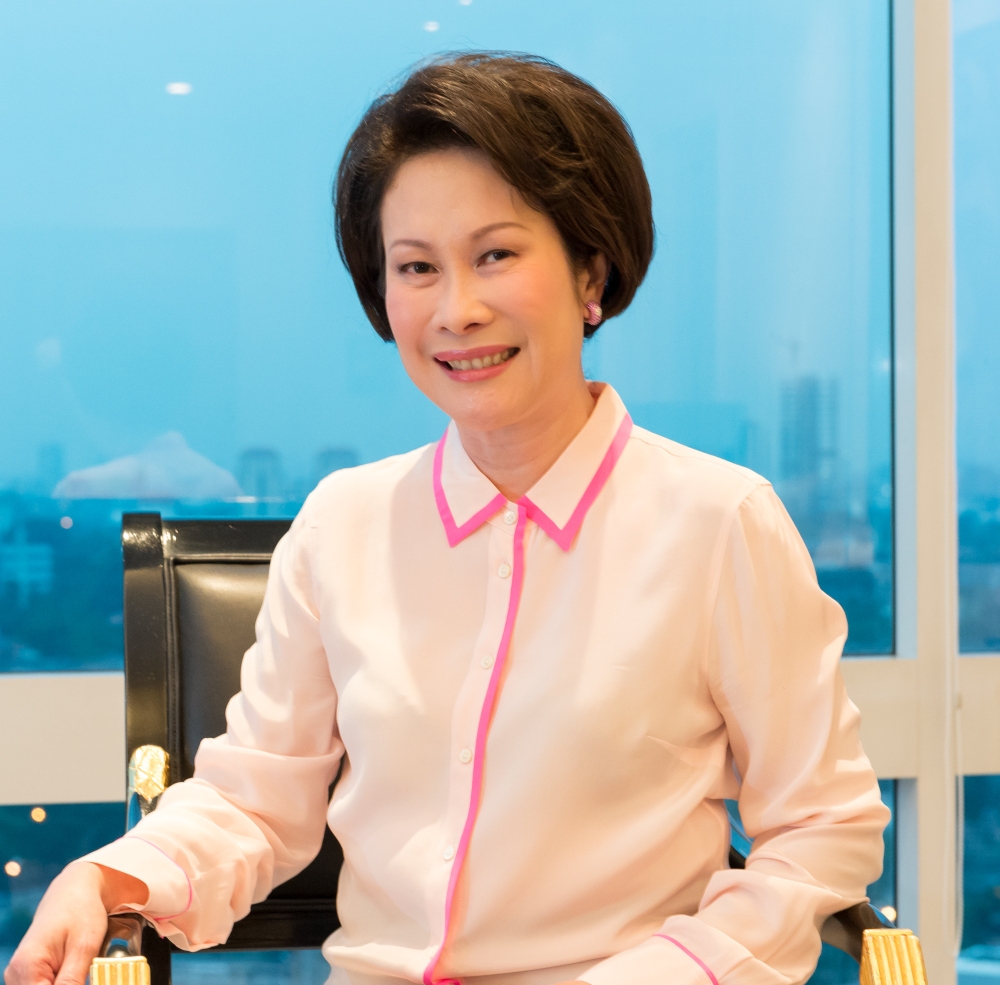The secrets of Asia’s economic powerhouses

Why family businesses command the heights across so many industries
Published 27 August 2015
Anywhere in the world, small and family business predominates, at least numerically. For all their limitations, families have always been the most reliable basis for pooling and managing capital in societies where property rights are insecure and/or bank finance difficult to secure. Only within the last 100 years have limited liability public companies taken over the commanding heights of Westernised economies.
What distinguishes business in Asia is, therefore, not the continuing preponderance of family business in trade and services, but its prominence at the commanding heights.
On Asian stock exchanges, most listed companies are still controlled by families and associates with public shareholdings as minority equity. The notable exceptions are state-owned enterprises and multinationals.

Large family business groups are household names in their own countries and some have extended their footprint internationally. Hong Kong-based Sir Li Ka-shing controls two multinational groups, Cheung Kong (property, infrastructure) and Hutchison Whampoa (ports, telecommunications), both active in Australia. Indonesia’s Salim Group is best known through its Indofood division as the maker of “Indomie” instant noodles.
The Wijaya family’s Sinar Mas group, like the Kuok family’s Wilmar Group, has massive palm oil and agribusiness interests, plus the big affiliate Asia Pulp & Paper. The principal of Indonesia’s Lippo Group (property, telecommunications, media), ames Riady, is a Melbourne alumnus and Faculty donor.
The puzzle for Western business theorists has been why in Asia—and also in Southern Europe or Latin America—family business has been sustainable on a large scale across so many industries.
One obvious feature is the conglomerate form of business. Whereas Western corporations are advised to focus on their core business, Asian family businesses usually diversify, thereby spreading risk. As with the emergence of the zaibatsu during the early industrialisation of Japan, or the chaebol in postwar Korea, this often reflects the scarcity of risk capital and entrepreneurship. The leverage of established political connections is another factor, highlighted by the role of the “princelings” in Chinese big business.
One sector where family business does not work so well is banking. While owning a bank has always been a temptation and a mark of status for gung-ho entrepreneurs, long experience has shown that the combination of family ownership and related lending leads to high risk and instability. This problem has plagued European and American banks. It showed up in Asia in the late 1990s with the Asian Financial Crisis and widespread bank failures. In Indonesia, Thailand and Korea, there are now formal limits on bloc holdings and related-party loans.
In most fundamentals, including strategy and operations, family business is not much different from any other business. Quite simply, business is business. There is no need for a separate theory and curriculum of “Family Business”, no need for a Master of Family Business. For consumers buying brands, it makes little difference whether the producer is a family business or not. Nor is there any distinction by law.
The most distinctive feature of family business is actually a sociological one, relating to human resources and succession. Small family businesses can rely on family members for management and other key roles such as book-keepers and storemen; if not brothers and sons, then in-laws or cousins.
In pre-WWII Chinese business, multiple wives and concubines allowed plenty of choice, though often at the cost of rivalry and factionalisation.
The greatest point of weakness for family firms is succession. Despite some notable exceptions, there is much truth in the adage that family business does not survive more than three generations. Sons are not always as driven, capable or ruthless as their fathers.

Moreover, in the second generation there are challenges of rationalisation and consolidation that call for different skills. An ageing patriarch who insists on making final decisions can lead to turmoil, as can competition between brothers or other family members over vision and strategy.
That said, many family businesses in Asia have made a successful transition between generations with sons—and sometimes also daughters—sent overseas for university education, returning to learn the business and apply modern practices of management.
This second generation has, in turn, usually been more relaxed about bringing in non-family managers and technical people to build capabilities and boost innovation. Such expertise has been vital in helping Asian businesses to launch themselves into regional and international markets, the phenomenon of ‘emerging country multinationals’.
In this way, it becomes possible for the founding family to retreat from hands-on management and as shareholders to guide the firm through the board of directors. Something similar was seen early last century with the “robber barons” of America, the Morgans, Carnegies, Rockefellers, and eventually also Ford.
A similar trend showed up in pre-WWII Japan and can be expected to appear elsewhere in decolonised and industrialising Asia. Stock exchange listing of public companies and the hiring of nonfamily professional managers are already strategic moves in this direction.
The good news for Melbourne graduates is that large family companies in Asia will offer internal career paths, even if loyalty to the family will be as important to promotion as competence—and not only for graduates of Asian background. Just as in the 1960s Australian graduates were hired by British and American multinationals, increasingly they will now find jobs with Asian multinationals. Due diligence for graduates will involve studying the family and its reputation, as well as the company itself. If they are smart and looking to progress, they will also learn a relevant Asian language and seek to become a trusted insider, not just a local hire.
